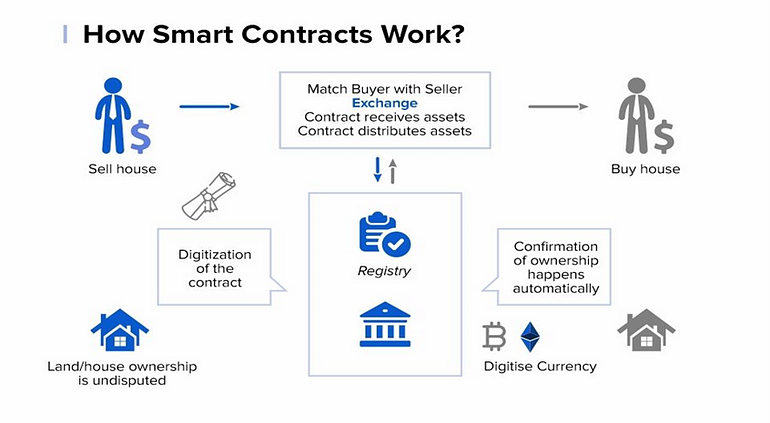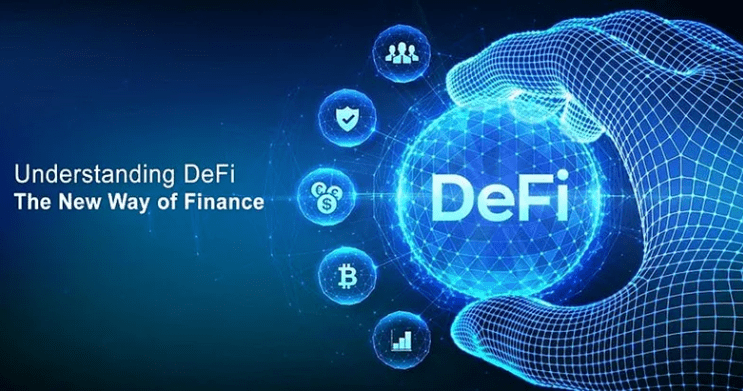DeFi, or Decentralized Finance, has transformed the way we interact with financial services. At the heart of this revolution lies a powerful technology: smart contracts. These self-executing contracts, powered by blockchain, have enabled DeFi to operate without intermediaries, offering transparency, security, and accessibility.

How do smart contracts make DeFi possible?
⦁ Automation: Smart contracts eliminate the need for manual intervention, ensuring transactions are executed efficiently and accurately.
⦁ Transparency: Every transaction is recorded on a public blockchain, providing complete transparency and accountability.
⦁ Security: Built-in security features protect against fraud and unauthorized access.
⦁ Accessibility: DeFi is accessible to anyone with an internet connection, breaking down geographical barriers.

DeFi smart contracts are the backbone of Decentralized Finance (DeFi). They automate financial processes, eliminate intermediaries, and power DeFi applications like DEXs and lending platforms.
Here are some key benefits of smart contracts in DeFi:
⦁ Cost reduction: No middlemen, lower fees
⦁ Transparency and security: Inherits blockchain’s strengths
⦁ Efficiency and automation: Self-executing contracts
⦁ Accessibility: Open finance for everyone
However, there are also some challenges to consider:
⦁ Security vulnerabilities: Requires audits and best practices
⦁ Regulatory hurdles: Finding the right balance
⦁ User education: Building awareness and knowledge
Real-Life Example: How Smart Contracts Work?

A Guide to DeFi Smart Contract Development
1. Define Your Goals: Clearly outline the purpose of your DeFi project and the specific functionalities you need.
2. Research and Plan: Conduct thorough research to understand the DeFi landscape, regulatory requirements, and potential challenges.
3. Create a Proof of Concept (POC): Develop a working prototype to test the feasibility of your ideas and gather feedback.
4. Build and Test: Develop the smart contract code, ensuring it adheres to best practices and security standards. Rigorously test the contract to identify and address potential vulnerabilities.
5. Deploy and Maintain: Once the contract is audited and approved, deploy it to the desired blockchain network. Provide ongoing maintenance and support to ensure its smooth operation.

Conclusion:
Developing DeFi smart contracts requires a combination of technical expertise, a deep understanding of blockchain technology, and a focus on security. By following these steps and working with experienced developers, you can successfully create innovative and secure DeFi solutions.




